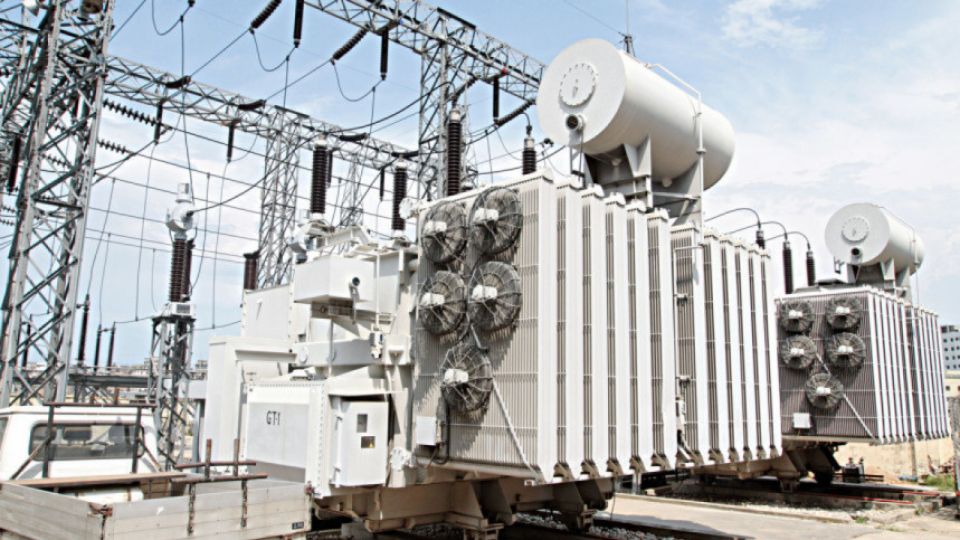November 22, 2022
DHAKA – Electricity price at the producers’ end was yesterday hiked by 19.92 percent, a development that is expected to fuel inflation as the distributors ultimately pass on the burden to end users.
From next month, the six state-owned distributor companies will buy electricity from the Bangladesh Power Development Board at Tk 6.20 per kilowatt hour (kWh), up from Tk 5.17 at present, as per the decision of the Bangladesh Energy Regulatory Commission (BERC).
The hike in bulk electricity price — which was last increased by 8.39 percent in February 2020 — comes after PDB’s application on January 12 to raise the tariff by 65.57 percent.
Following the application, BERC held a public hearing on May 18 on the matter. On October 13, the energy regulator rejected the state-owned company’s proposal on the grounds of incomplete information and gave 30 working days to appeal against the decision.
After receiving the appeal application on November 14, BERC took the suggestions from its technical committee, which recommended a 57.83 percent hike, and held an internal hearing on November 17 to arrive at the decision.
“We followed all the procedures. PDB provided all the necessary information that we needed and we came to a conclusion,” said BERC chairman Abdul Jalil while announcing the decision at a virtual briefing.
The visiting staff mission of the International Monetary Fund was briefed on the pricing process and they had no questions, he said, while dismissing any possibility of the higher bulk electricity price being passed on to the end consumers.
“If the distributor companies apply to hike the retail price, we will hold a public hearing in this regard and follow all the procedures as per law and will take further decisions,” he added.
Later, Nasrul Hamid, the state minister for power, energy and mineral resources, also assured that the electricity price at the retail level will not increase now and urged people not to worry.
“Whether the price will increase also depends on field-level data. The next decision will be taken after verifying all the impacts. I can’t say anything about it right now,” he told reporters at the secretariat.
The distributor companies though have already started submitting their proposals to hike the electricity price at the retail level.
For instance, West Zone Power Distribution Company Limited (WZPDCL), the distributor for the Khulna and Barisal region, yesterday submitted its proposal for a price hike to BERC, its Managing Director Md Azharul Islam told The Daily Star.
“The government higher-ups have asked us to submit a proposal regarding how much the distribution cost would increase if the bulk price is hiked by 10, 20 or 30 percent.”
Asked how much would the electricity price increase based on yesterday’s decision, he said WZPDCL will need to increase the retail price by almost the same amount.
“In our country, when any government agencies announce any decision, the opportunist businesses take the chance to hike the product prices. In such a situation the government cannot ensure that there will be no impact at the consumer level,” said Fahmida Khatun, executive director of the Centre for Policy Dialogue.
M Shamsul Alam, senior vice-president of the Consumers Association of Bangladesh, termed the bulk electricity price hike “illegal, unjust and illogical”.
The due procedures were not followed, he said.
“BERC bypassed the public hearing with ill intentions. Even if anyone files a review appeal at the Supreme Court, they conduct hearings in the presence of both parties. But BERC didn’t conduct a fresh public hearing here.”
Alam, who is an energy expert, took the government and BERC’s assurance about the price not rising at the consumers’ level with a pinch of salt.
“Such words are only cheating with people. Such promises are baseless as the government will take the increased price from the consumers’ pocket.”
He went on to urge the government to bring down the illogical costs and corruption in the power and energy sector.
According to PDB’s proposal, the state-owned company will need Tk 74,189 crore to generate 88,993 million kWh units of electricity to supply to the power distribution companies.
If the electricity generated is sold at Tk 5.17 per unit, PDB will have to face a deficit of Tk 30,251 crore in revenue in 2022 excluding the government subsidy.
While announcing the new price, Jalil said that they calculated the subsidy at around Tk 17,000 crore.
The power sector is receiving large subsidies due to capacity charges, said Anu Muhammad, former member secretary of the National Committee to Protect Oil, Gas, Mineral Resources, Power and Ports.
Around Tk 50,000 crore had to be paid in the past 11 years to the power sector, including those power plants that did not even produce electricity.
“The entire power plan of the government is not to produce electricity for the people but to keep giving money to profit-making power companies. The victims, as a result, are people, in the end,” he added.


